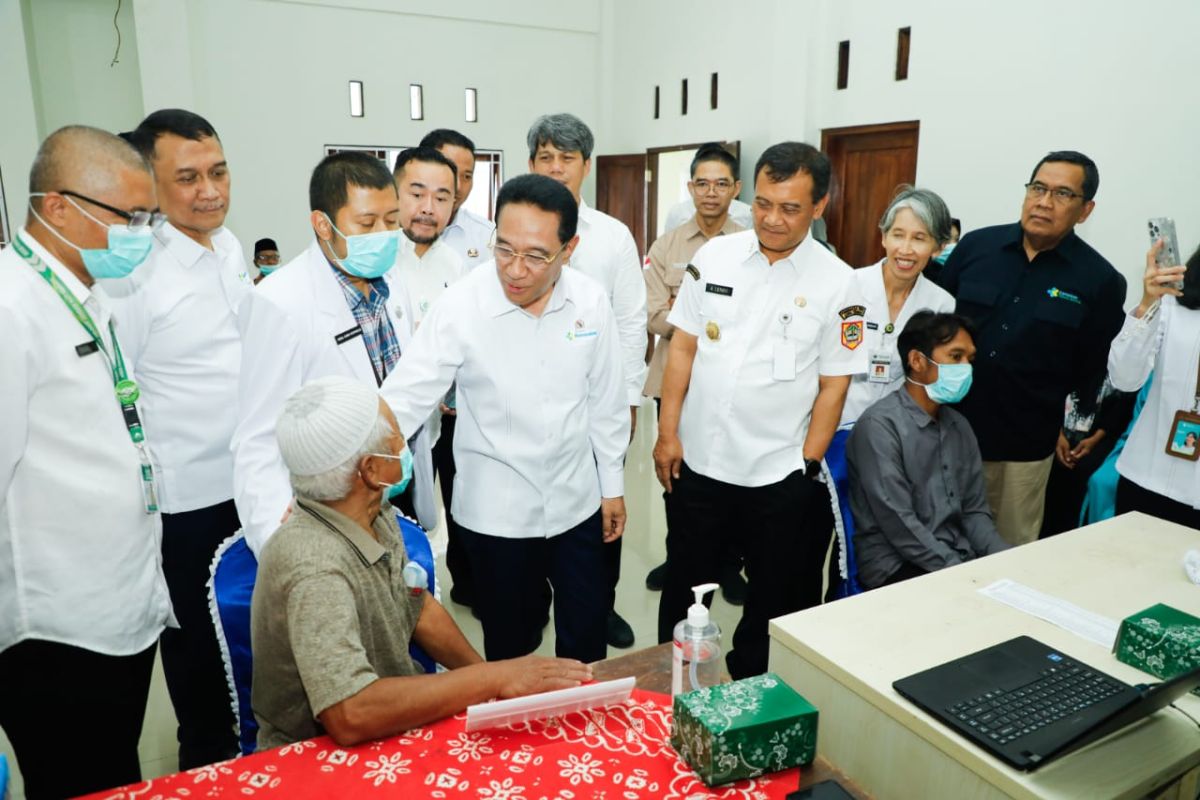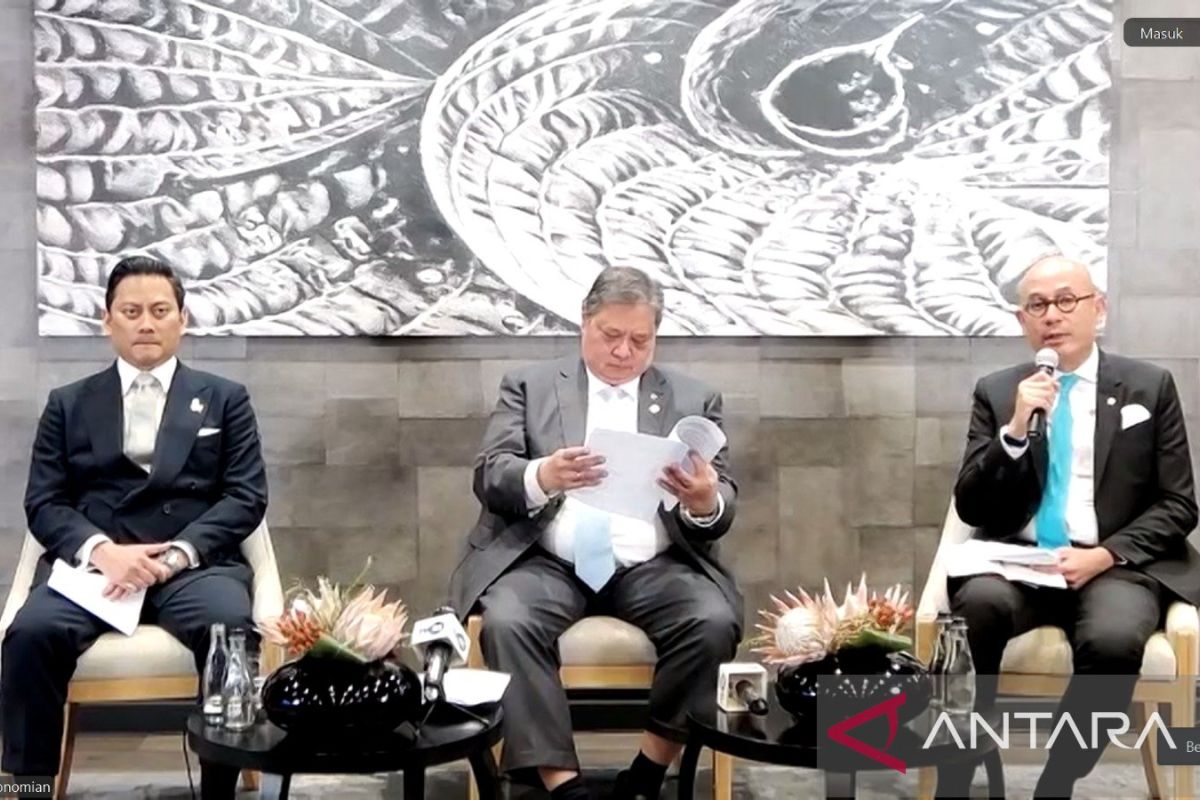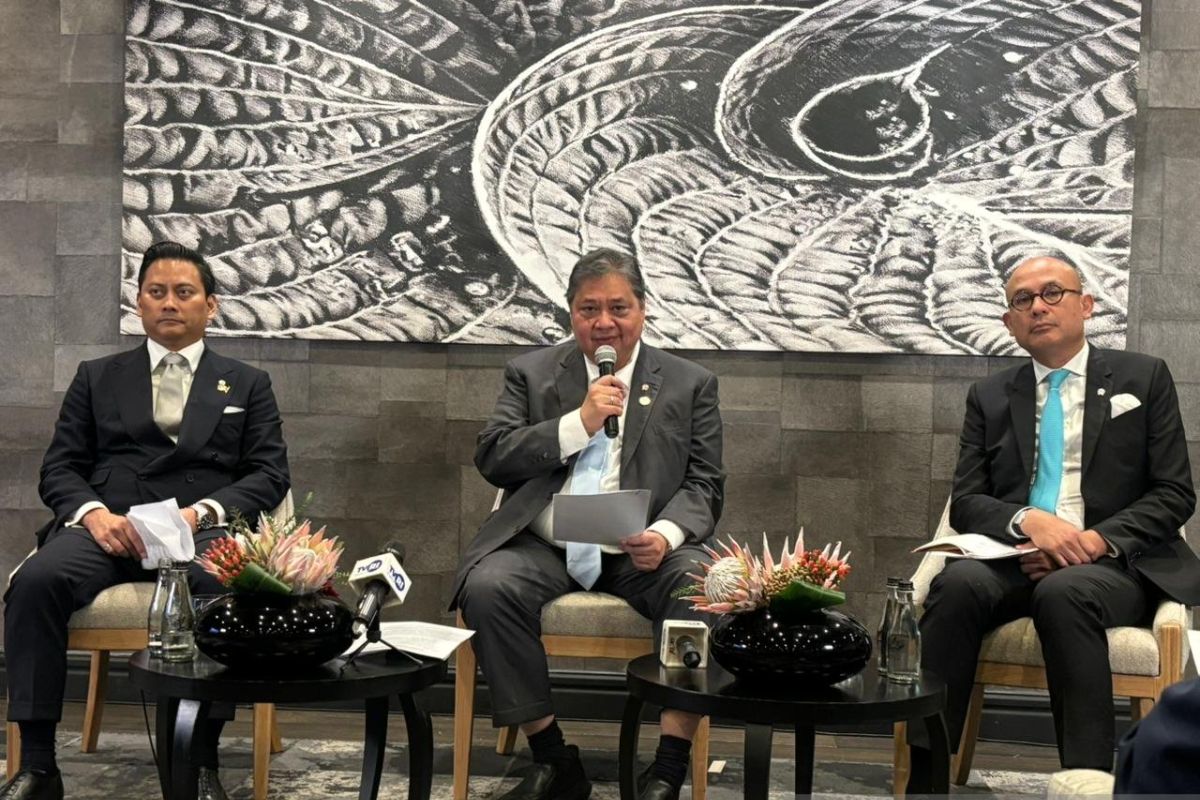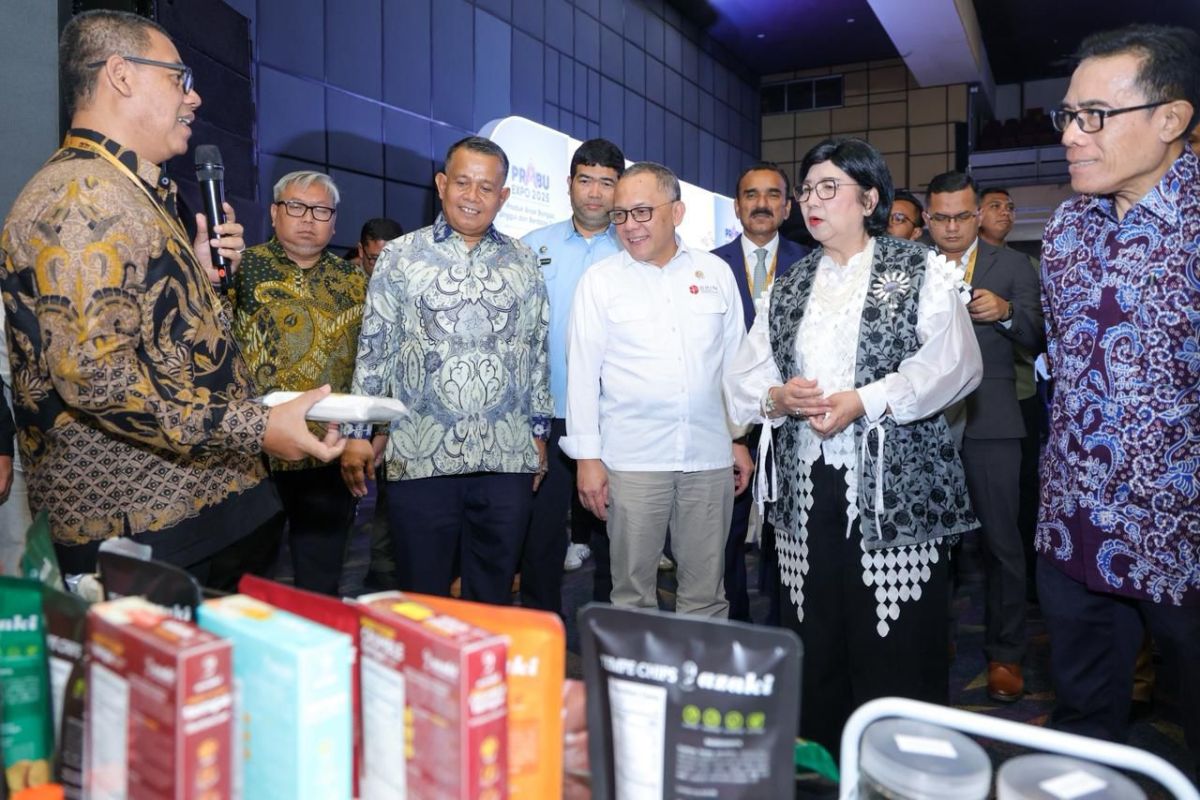Deputy Minister of Health Benjamin Paulus Octavianus made the statement during his visit to review the implementation of the Speling and Free Health Check (CKG) programs in Boyolali District on Wednesday.
“This is remarkable. I have checked, and there are X-ray examinations available here,” he said after observing the activities.
Accompanied by Central Java Governor Ahmad Luthfi, the deputy minister visited two program locations -Seboto Village in Gladagsari Sub-district, Boyolali District, and Blotongan Urban Village in Sidorejo Sub-district, Salatiga City.
According to Benjamin, the program has reached 706 villages across Central Java. Specialist doctors are deployed directly to the field equipped with portable X-ray machines to examine residents’ health conditions.
He explained that the integration between the Speling and CKG programs has proven effective in detecting various diseases, ranging from diabetes and hypertension to infections, tumors, and lung disorders.
Through portable X-ray technology, doctors can identify symptoms more quickly and accurately.
Benjamin added that if similar programs were implemented nationwide, Indonesia’s public health quality would improve significantly.
“This is in line with President Prabowo Subianto’s initiative through the Free Health Check program,” he noted.
Governor Ahmad Luthfi emphasized that tuberculosis control remains one of the national health priorities.
In Central Java, the Provincial Health Office has launched the TB Express program, which is integrated with Speling and CKG activities and involves health offices in all districts and cities.
Data from the Central Java Provincial Health Office estimates 107,488 TB cases in 2025. As of November 4, 2025, 73,028 cases had been detected, representing about 68 percent of the estimated figure.
Overall, the Speling and CKG programs have provided health examinations for 10,864,676 residents across Central Java.
For TB-specific screenings, 5,503,929 individuals were examined, including 94,499 sputum tests using the Molecular Rapid Test (TCM) method.
Of these, 86,573 people tested negative, 5,051 tests failed, 2,605 were identified with drug-sensitive TB, and 260 were diagnosed with drug-resistant TB.
Meanwhile, Indonesia continues to face major challenges in combating tuberculosis. The country currently ranks as the second-highest TB burden globally after India, with an estimated one million new cases each year.
Under Presidential Regulation No. 79 of 2025, the government has set four key TB program targets for 2025: 95% of TB patients starting treatment, a 90% treatment success rate, 90% case detection coverage, and 72% coverage for preventive therapy among household contacts.
Despite progress in case detection and treatment success rates, Indonesia still needs to strengthen active case finding and treatment adherence to meet its 2025 national targets and achieve TB elimination by 2030.
Efforts are being concentrated in eight priority provinces – North Sumatra, Central Java, East Java, West Java, East Nusa Tenggara, South Sulawesi, Banten, and Jakarta – to curb the spread of TB cases.
Related news: Indonesia aims to detect more tuberculosis cases in 2026
Related news: Indonesia adopts COVID-era model to eliminate tuberculosis by 2030
Related news: Gov’t declares tuberculosis as emergency, calling for serious handling
Translator: Primayanti
Editor: Azis Kurmala
Copyright © ANTARA 2025








